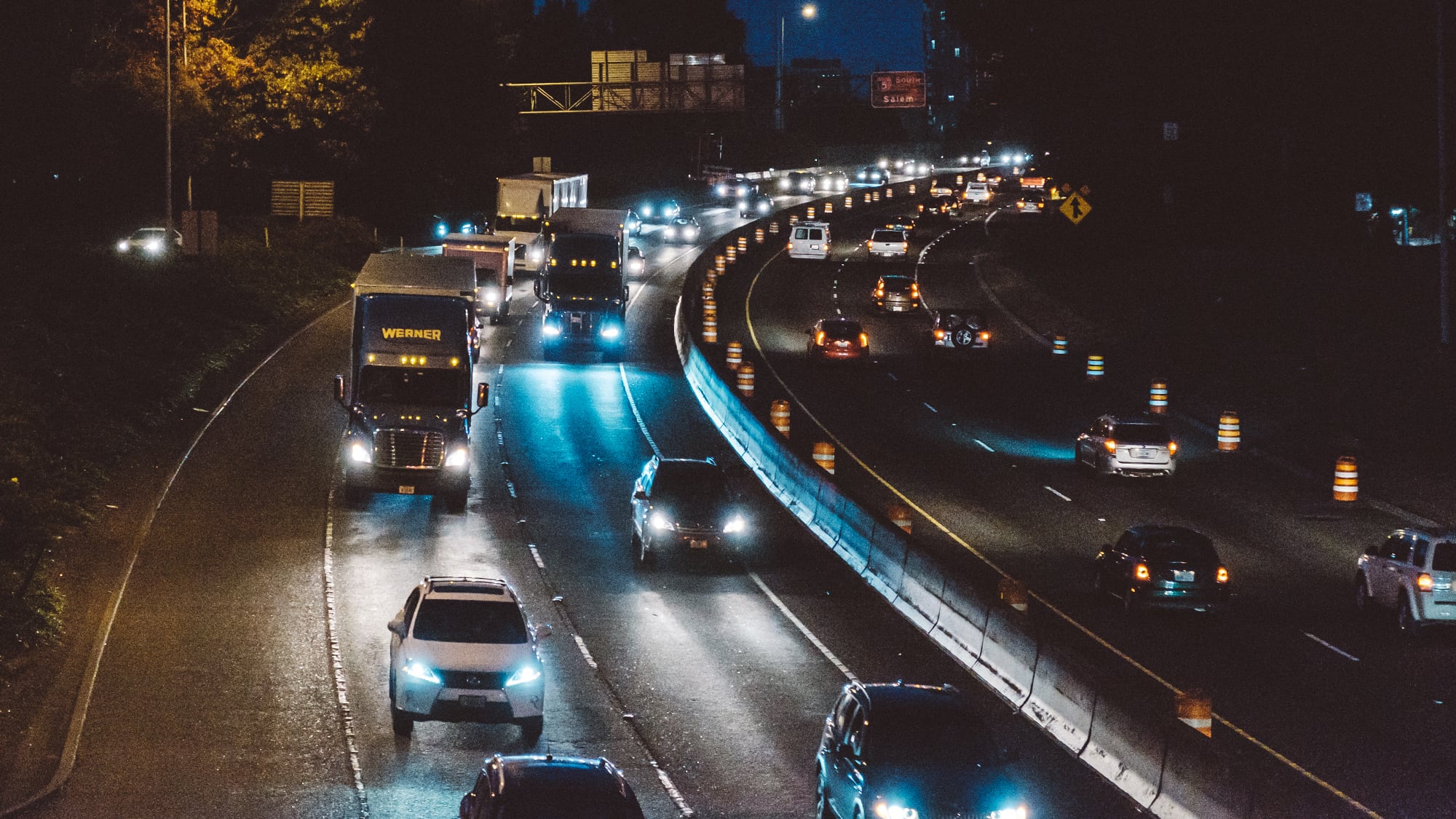Regional government Metro and the Oregon Department of Transportation are pushing forward with plans to widen Interstate 5, despite mounting opposition.
At a "State of the Region" address on Friday, Metro president Lynn Peterson shirked concerns about the environmental impact of I-5 widening by shifting focus instead to much-lauded proposals for highway lidding.
For months, opposition to widening I-5 at the Rose Quarter has mounted. But elected officials and advocates alike have rallied behind a plan called Albina Vision—an effort to restore the Rose Quarter to its African American identity. That proposal includes highway lids, which would bury I-5 underneath a new neighborhood.
But Peterson's message Friday: You can't have one without the other.
Former Mayoral candidate Sarah Iannarone asked Peterson if she could "envision an Albina without a freeway expansion," given the agency's goals to reduce greenhouse gas emissions.
In response, Peterson said no.
"We've mentioned the lid that will allow for connective tissue of urbanness so that you never actually feel like you are walking across a freeway," Peterson said. "That's not going to happen if we're not also doing the other part of the project."
Peterson called the highway expansion "a very small tweak to a freeway system," and said "we need to keep moving on."
Peterson's address comes less than a week after the head of the Oregon Transportation Commission penned an op-ed in The Oregonian, arguing added lanes would reduce congestion—a debatable proposition—and omitting mention of opposition to the project.

